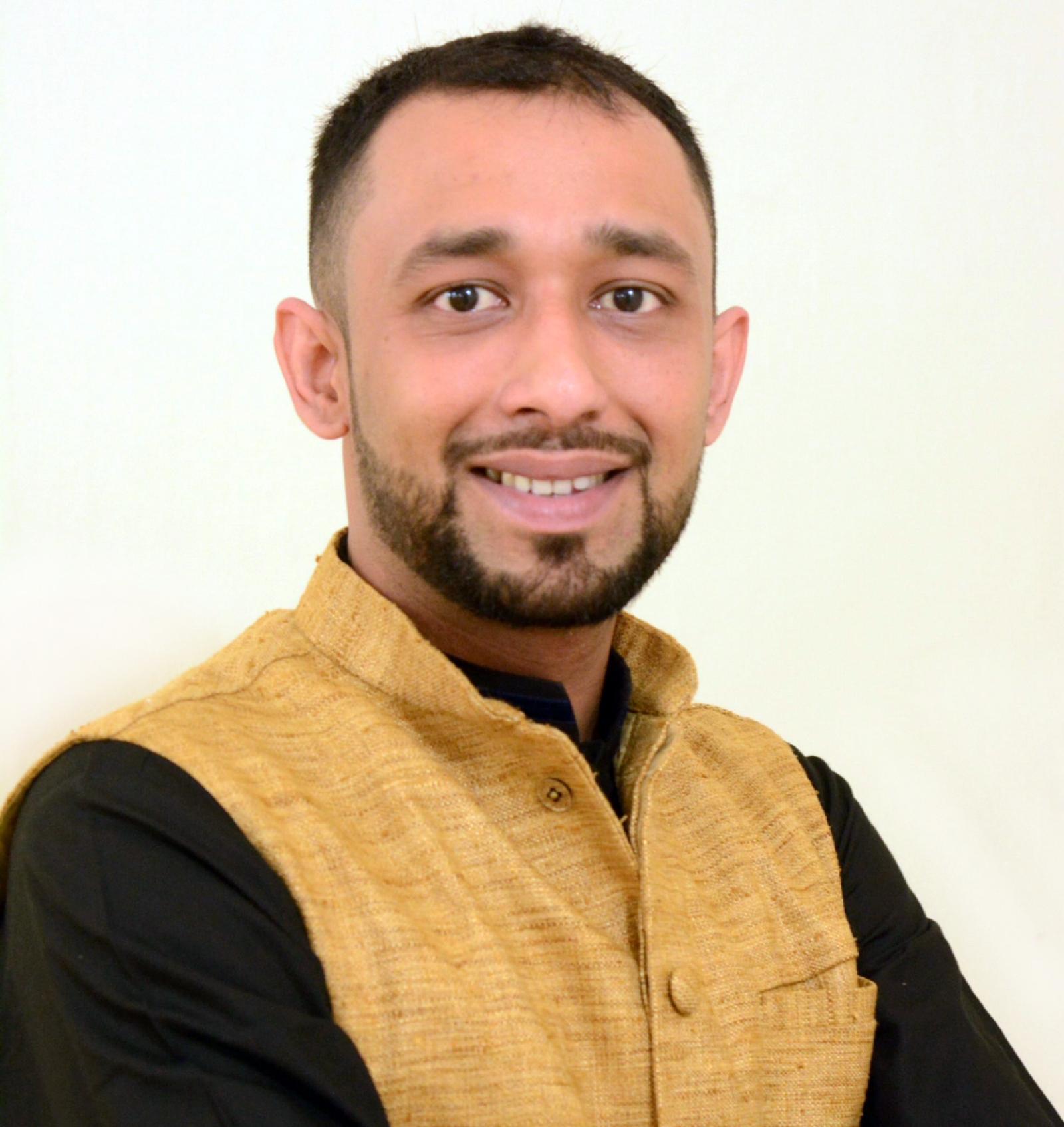The battle for the Bengali language in the UK—often described as the "Third Bengal"—is intensifying. Despite the language being offered as an optional subject in mainstream GCSE exams, its uptake is constantly shrinking. For the younger British-Bangladeshi generation, those born and raised here, the drop in those who can read Bengali, let alone write it, has become alarming over the past two decades.
Latest Statistics: The Alarming Decline of the Bangla GCSE
The decline is not just anecdotal. New data from the Joint Council for Qualifications (JCQ) for Summer 2024 shows the downward trend continuing:
- 2024 Entries: There were only 437 entries for the Bengali GCSE.
- Year-on-Year Drop: This figure is a decrease from 472 entries in 2023, representing a drop of approximately 7.4% in a single year.
- Long-Term Crisis: This short-term decline sits atop a previously reported sharp decline of over 51% in Bengali GCSE entries in the decade leading up to 2020, confirming a systemic crisis.
Historically, large proportions of Bangladeshi pupils (estimated at 23% in 2007) took the Bengali GCSE, with the total entry numbers now sitting in the low hundreds. The majority of students taking the Bangla GCSE are heritage speakers, meaning this qualification is a vital affirmation of their mother tongue—a language spoken by approximately 242 million native speakers worldwide as of 2025 (making it the sixth most spoken native language globally). However, research indicates that roughly 68% of students who take a GCSE in their mother tongue do not study any other modern foreign language, highlighting that for many, it becomes a single, isolated language qualification rather than a gateway to broader linguistic study.
This decline coincides with a broader national crisis in language learning, as illuminated by a major study from Cambridge University and the British Council's latest findings.
Socioeconomic Roots: Language Learning Inequality Deepens
The national crisis is clearly driven by socioeconomic factors. Only 45.7% of eligible students in England took a language GCSE in 2023-24, a stark contrast to nearly 98% in the European Union.
The Cambridge research, based on an analysis of 615 state schools, established a severe educational inequality:
- Schools where GCSE languages were optional had a significantly higher proportion of disadvantaged students (29% average) compared to schools where they were considered core (21.3% average). This 7% gap is critical.
- The consequence is a staggering difference in participation: 82.6% of students studied a language at "core" schools, but this fell sharply to just 31.9% where the subject was "optional."
Further findings from the British Council's 2025 Language Trends report confirm this: Modern foreign language GCSE uptake is more than 20 percentage points higher in the most affluent state schools (69% uptake in the most affluent schools, compared to 46–47% in less affluent schools). Since many British-Bangladeshi communities are concentrated in more deprived areas, the optional status of languages allows their schools to deprioritise the subject, denying opportunities to the students who need them most.
Community-Level Changes and Cultural Attrition
Dr. Renu Lutfa, an educationalist living in the UK for over 40 years, highlights the community-level changes:
"There was a time when teachers would come from Bangladesh specifically to teach Bengali. But that era is long gone." She told Daily Dazzling Dawn that those who now choose Bengali for their GCSEs are primarily doing so because of parental encouragement.
It is also important to note that an estimated 90-95% of British Bangladeshis are from the Sylhet region and primarily speak the Sylheti dialect at home, with standard spoken Bengali being less widely practiced. Dr. Lutfa believes a significant factor in this reduced interest is the lack of practical, visible ways to use Bengali in the UK context, unlike the opportunities that exist for languages like French, German, or Spanish.
This cultural attrition is also visible in the community’s media landscape. Over the last decade, the British-Bangladeshi community has witnessed the closure of nearly 10 major Bangla newspapers and TV channels/outlets in the UK. This contraction of Bangla-language media removes vital cultural and linguistic anchors, further reducing the practical reasons and opportunities for young British-Bangladeshis to maintain their literacy.
The Bengali Speaking Community in the UK
The UK is home to a significant Bengali-speaking population, estimated at around 662,145 people (as per a 2021 estimate), making Bengali one of the most widely spoken languages in the country outside of English.
- The vast majority of this community is of Bangladeshi descent. The British-Bangladeshi community numbered 652,535 in the 2021/2022 census, making them one of the UK’s largest ethnic minority groups. They are primarily concentrated in London (particularly Tower Hamlets, which has a large Bangladeshi community), and other cities like Birmingham, Oldham, and Bradford.
- The total number of Bengali speakers also includes a smaller, but significant, community who trace their origins to East Bengal, India (specifically the states of West Bengal, Assam, and Tripura).
- Furthermore, the UK has seen an increasing number of migrants of Bangladeshi origin arriving from different European countries, often holding European passports, further adding to the diverse Bengali-speaking diaspora, although specific figures for this particular sub-group are difficult to ascertain within official migration statistics.
An Opportunity Lost
British-Bangladeshi pupils have been an educational success story, significantly closing and, in many cases, reversing the attainment gap with their white British counterparts at GCSE level. Yet, the systemic marginalisation of community languages within the school curriculum means this valuable asset is often overlooked.
Dr. Karen Forbes, Associate Professor at Cambridge’s Faculty of Education, argues forcefully against this status quo. She states that all children should have the same opportunity to learn a language and that the current optional status sends a signal that these subjects are less important. Dr. Forbes’s ultimate call is for languages to be re-established as core subjects at GCSE across all schools. This structural change would not only reverse the national decline but also solidify the position of community languages like Bangla, ensuring their importance is institutionally recognised and creating genuine, equitable opportunities for all students.






.svg)
